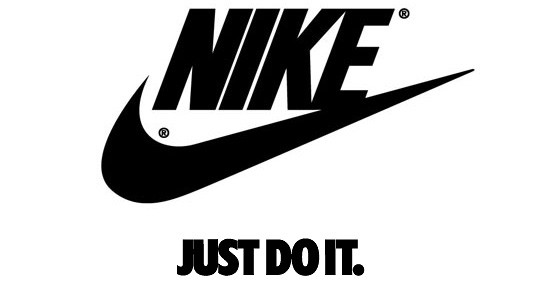In John Jones article, “Networked Activism, Hybrid Structures, and Network Power” he discusses the differences between networks vs hierarchies. He refers to Malcolm Gladwell who argues that networks are fundamentally disadvantaged when combatting hierarchal power structures, and that as a result these networks are ultimately ineffective in combatting these hierarchal powers such as the state. He claims that “networks don’t have a centralized leadership structure and clear lines of authority, they have real difficulty reaching consensus and setting goals. They can’t think strategically; they are chronically prone to conflict and error. How do you make difficult choices about tactics or strategy or philosophical direction when everyone has an equal say?” In response to this I would have to say that I completely agree with him in this case because although networks can be very effective in communicating, I don’t believe that they are as effective in actually getting things done, because as Gladwell said, there is no central power to make firm decisions for particular networks. And although Jones tries to counter Gladwell’s argument by stating that the lunch counter sit ins in North Carolina had many characteristics of viral networked activities, he still fails to address the fact that “liking” something on Facebook for example is still extremely low risk as in most networked activities, where as things like the lunch sit ins were much high risk, seeing as though they were putting themselves in physical danger, and thus proved to be much more effective. I definitely believe that networks have their strengths and can be used effectively, just nowhere near as effective as hierarchal systems are.

Gladwell’s article was definitely one of the most interesting we’ve read this semester. Great analysis!
LikeLike
Important for us to keep this in mind, especially to avoid the easy dismissal that Gladwell makes — after all, there are many options in the “middle ground” between activism and “clicktivism”, as we are exploring. For instance, your group might feel “low-risk” — but you’re also not aiming so narrowly at a single policy…
in this regard: audience?
Are “networks” merely communication platforms? or connected individuals / communities too?
LikeLike